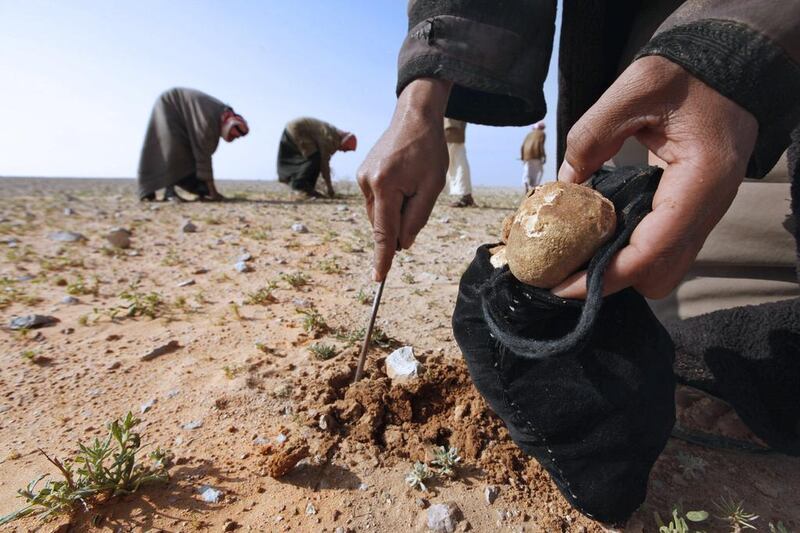In the desert just south of the main pumping station on the Rumaila South oilfield lies a treasure that locals risk life and limb to recover every year: truffles.
“Every spring after the rains, people go into the fields to gather truffles; black truffles and white truffles,” says Sarah, a native of nearby Basra city, in southern Iraq and a recent hire by BP to work in the Rumaila Operating Organisation, the joint venture with PetroChina and the government’s South Oil Company.
“It is very dangerous and people are killed every year if they don’t stick to the designated paths,” she says, pointing at a vast area cluttered with various bits of industrial and other debris where any markings would be hard to discern.
Why is it so dangerous? Because of a tract running along an 18-kilometre stretch that is heavily mined. It is a legacy of wars stretching back to the Iran-Iraq conflict in the early 1980s, through the first and second American-led coalition invasions, and Iraq’s attempt to deter their advance from Kuwait, whose border is 40km to the south.
The truffles are in abundance in this area partly because most people are reluctant to risk venturing out there, and animals, including the odd camel, often don’t survive when they wander in the mined area.For the intrepid few, however, the lure is irresistible.
Even in the markets of Basra, which still suffer widespread hardship from years of conflict, the truffles fetch a pretty penny – as much as Dh125 per kilo. That is nothing compared with what people are prepared to pay in the restaurants of Paris or New York, but still more than a day’s wage in Basra city.
amckaulaey@thenational.ae
Follow The National's Business section on Twitter





